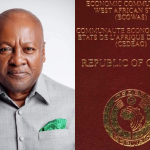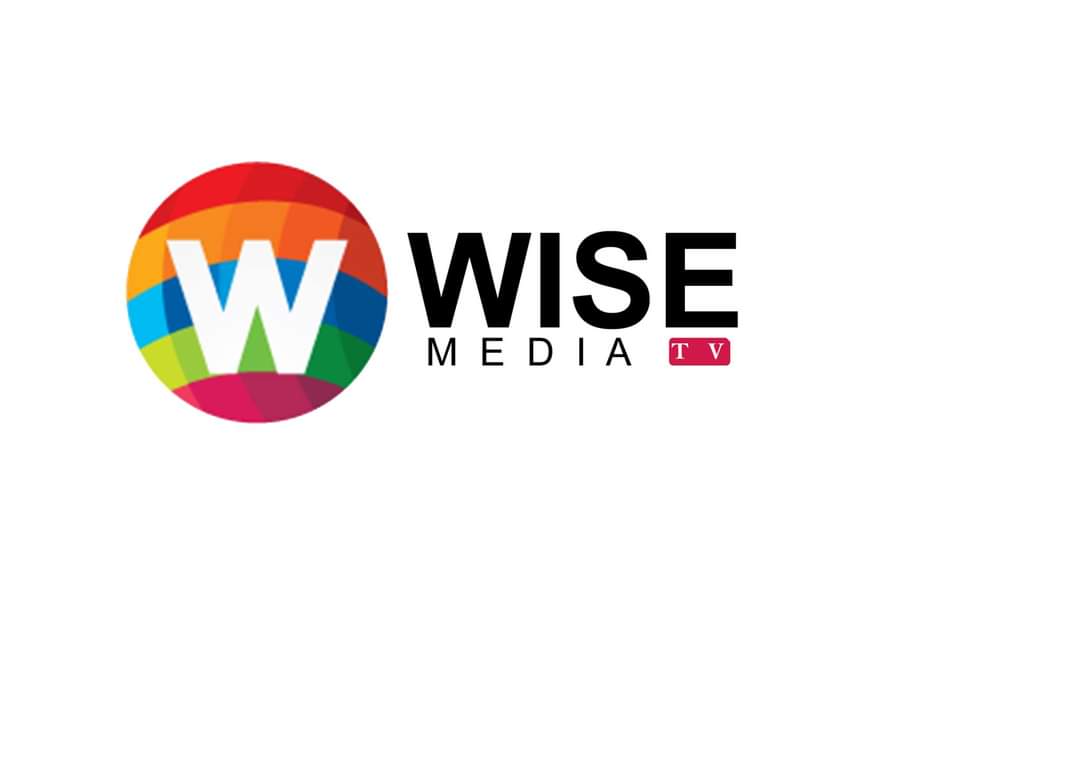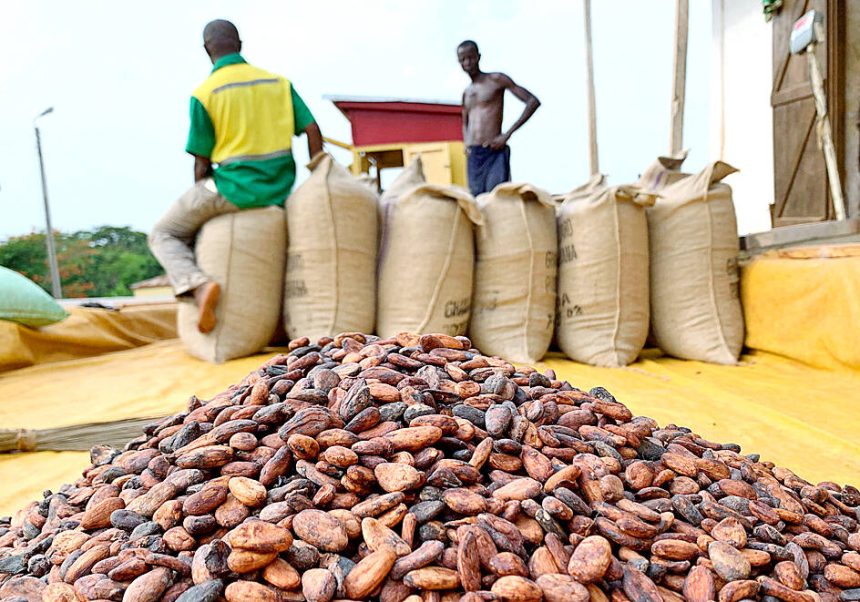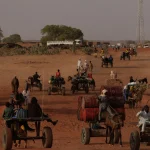Ghana’s cocoa farmers are facing increased economic pressures as the value of the Ghanaian cedi declines. The falling currency, coupled with rising costs of living and lower prices for cocoa, is pushing some farmers to smuggle their produce across borders to neighboring countries where they can get better prices.
This smuggling is often driven by several factors:
- Currency Depreciation: As the cedi weakens, the local purchasing power of farmers decreases, making it harder to afford necessities and maintain their livelihoods.
- Price Differentials: Cocoa prices may be higher in neighboring countries, providing an incentive for farmers to bypass official channels and sell their cocoa illegally.
- Cost of Production: Increasing costs for inputs such as fertilizers and pesticides add to the financial strain on farmers, encouraging them to seek higher returns through smuggling.
- Regulatory and Support Issues: Inconsistent or inadequate support from local authorities and challenges in the regulatory environment may also contribute to the decision to smuggle.
The impact of this trend includes potential losses in tax revenue for Ghana, disruptions in official cocoa supply chains, and possible legal repercussions for the farmers involved. Addressing these challenges may require coordinated efforts to stabilize the currency, support fair pricing, and improve conditions for cocoa farmers.
The prices are better across the border, and the stronger currency means I can feed my family and pay off my debts,” Antwi said.
Ghana is emerging from one of it worst economic crisis in years after securing US$3 billion credit from the IMF and restructuring most of its debt.
However, the depreciation of the cedi, which has lost more than 20 percent of its value against the dollar this year, has severely affected the profitability of cocoa farming even as international prices topped US$10,000 per tonne in March before receding in recent months.
Production costs have jumped, with fertilizers and other materials needed to farm becoming increasingly expensive.
Poor road networks have also inflated transportation costs, further squeezing farmers’ margins.
Cocoa farmers are obliged to sell their produce to the state-run Ghana Cocoa Board or COCOBOD, which fixes prices to help protect farmers from market volatility.
In April, the government increased the cocoa price paid to farmers to US$2,188 per tonne, a 58.26 percent hike, but it was not enough to offset the rising costs and the lure of higher prices in Ivory Coast and Togo.
“If the government increased the cocoa price to match our neighbors, the smuggling would stop,” said Serwaa Adjei another farmer in Suhum. “We need to survive.”
Ghana’s cocoa sector, which accounts for about 10 percent of the nation’s GDP, is heavily reliant on smallholder farmers, but these growers have found themselves in an increasingly precarious situation.
Dennis Nyameke, a farmer from the Western Region, explained the economics behind smuggling.
“A bag of cocoa sells for at least US$137 in Ghana, but when we smuggle it to Ivory Coast, we can get close to US$152,” Nyameke said.
“With four children to care for, I can’t afford to ignore that difference,” he said.
Despite efforts by COCOBOD to tackle these challenges, farmers say they are still struggling.
Fiifi Boafo, head of public affairs at COCOBOD, acknowledged the impact of smuggling, illegal mining and adverse weather conditions on cocoa production.
Illegal mining for gold, known locally as Galamsey, is rife in rural Ghana, affecting water supplies and keeping farmers from land.
“Illegal mining activities are cutting off farmers from their farms and polluting water bodies needed to irrigate cocoa farms,” Boafo said.
He said climate change had also impacted cocoa yields.
“We are doing a lot to improve the situation of the farmers. We are motivating cocoa farmers by paying them more for their produce, but the economic pressures are immense, and we are fighting a tough battle” Boafo said.
Obed Owusu-Addai, a campaigner at EcoCare Ghana, a group that works for community rights, called for comprehensive reforms.
“The government must take urgent action to stabilize the cedi and support farmers with subsidies and better infrastructure,” he said. “It’s not just about higher prices; it’s about creating a sustainable environment for our farmers to thrive.”
The cocoa sector, which is also battling an outbreak of Cocoa Swollen Shoot Virus Disease, has seen a significant decline in production and revenue over the past few years, during which time Ghana has lost harvests from nearly 500,000 hectares of land, COCOBOD has said.
That is about 29 percent of Ghana’s total cocoa production area of 1.7 million hectares.
Ghana’s struggles have global implications.
Industry experts estimate that more than 100,000 tonnes of cocoa beans have been smuggled into Ivory Coast from Ghana since last year.
Smuggling, combined with other challenges, led to a US$500-million drop in cocoa revenue in the first quarter of this year, recent data released by the Bank of Ghana showed.
Ghana’s cocoa production is projected to reach 800,000 tonnes by year-end, reversing the significant losses of the past few years, Boafo said.
With more than 1 million people reliant on the cocoa industry in Ghana, the stakes are high.
“We’re very optimistic,” Boafo said.
![]()











